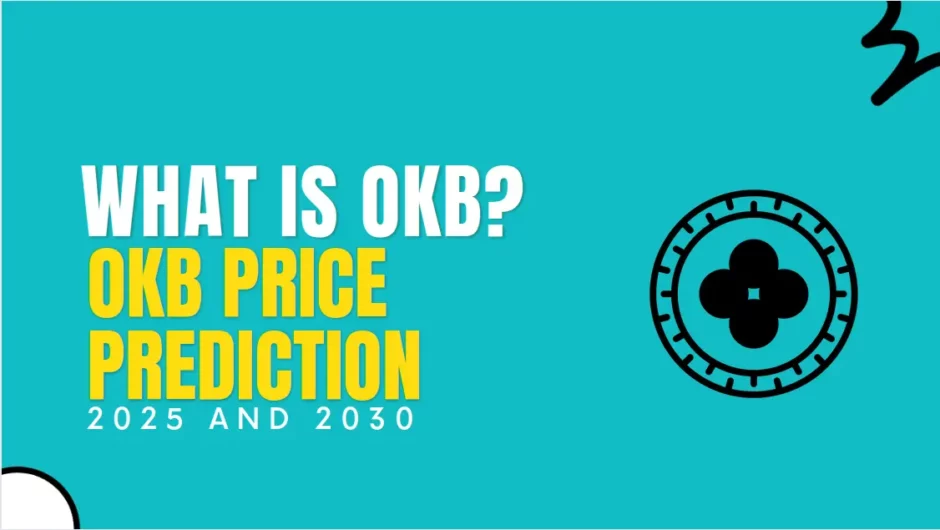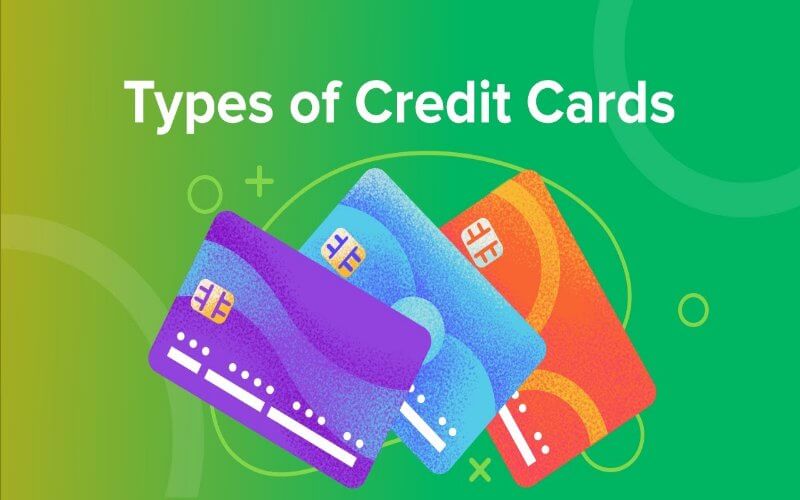Managing debt wisely is crucial for achieving financial stability and long-term success. Whether it’s student loans, credit card debt, or mortgages, understanding how to effectively handle debt can alleviate financial stress and pave the way towards financial freedom. By implementing strategic tactics and adopting prudent financial habits, individuals can minimize debt-related risks, reduce interest payments, and accelerate their journey towards debt-free living. In this guide, we’ll explore essential tips for managing debt wisely, empowering individuals to take control of their finances, make informed decisions, and build a solid foundation for a secure financial future.

Here are seven crucial tips to help you navigate and effectively manage your debt:
Create a Budget
Creating a budget is a fundamental step in managing debt wisely and achieving financial stability. Start by compiling a comprehensive list of your monthly income from all sources, including salaries, bonuses, and any additional sources of revenue. Next, itemize your expenses, categorizing them into fixed expenses (such as rent or mortgage payments, utilities, and insurance premiums) and variable expenses (such as groceries, dining out, entertainment, and transportation).
Once you’ve outlined your income and expenses, compare the two to determine your discretionary income—the amount left over after covering essential costs. Allocate this discretionary income towards debt repayment, savings, and other financial goals. Be sure to prioritize high-interest debt and allocate additional funds towards paying it down. Regularly review your budget to track your spending and adjust as needed to stay on track with your financial objectives.
Prioritize High-Interest Debt
Prioritizing high-interest debt is a key strategy in managing debt wisely and minimizing financial strain. High-interest debt, such as credit card balances or payday loans, often accrues interest at rates significantly higher than other types of debt. As a result, it can quickly grow and become more challenging to repay over time. To prioritize high-interest debt, start by identifying all outstanding balances and their respective interest rates.
Focus on paying off debts with the highest interest rates first, as they represent the costliest form of debt. Allocate as much of your discretionary income as possible towards these debts while making minimum payments on other obligations. Implementing a debt repayment strategy, such as the debt avalanche method, can help accelerate the process of paying off high-interest debt. This approach involves targeting the debt with the highest interest rate while continuing to make minimum payments on other debts. Once the highest-interest debt is paid off, move on to the next-highest interest rate debt until all balances are repaid.
Pay More Than the Minimum
Paying more than the minimum required payment on your debts is a smart strategy for managing debt effectively and accelerating your path to financial freedom. When you only make the minimum payment on your debts, a significant portion of your payment typically goes towards interest, prolonging the time it takes to pay off the balance and resulting in higher overall interest costs.
By paying more than the minimum, you can reduce the principal balance more quickly, leading to lower interest charges over time and enabling you to pay off the debt sooner. Even modestly increasing your monthly payments can make a substantial difference in the long run. Consider allocating any extra funds, such as windfalls, bonuses, or additional income, towards debt repayment. Additionally, if you have successfully paid off one debt, redirect the money you were previously allocating towards that debt to pay down another debt even faster, a strategy known as debt snowballing.
Consolidate or Refinance
Consolidating or refinancing debt can be a strategic move to simplify your financial obligations, secure a lower interest rate, and expedite your journey to debt freedom. Consolidation involves combining multiple debts into a single loan, often with a lower interest rate and a single monthly payment. This can streamline your repayment process, making it easier to manage and reducing the risk of missing payments.
Refinancing, on the other hand, entails replacing an existing loan with a new one, typically with more favorable terms. This can result in lower monthly payments, a shorter repayment term, or a lower interest rate, depending on your financial situation and creditworthiness.
When considering consolidation or refinancing, carefully evaluate the terms and conditions of the new loan, including interest rates, fees, and repayment terms. Compare these with your current debt obligations to ensure that the benefits outweigh any potential drawbacks.

Hello, I am Tanisha Kriplani, graduated in computer science from Delhi University. I am passionate about web content writing and have a strong interest in Data Analytics and Data Engineering.












